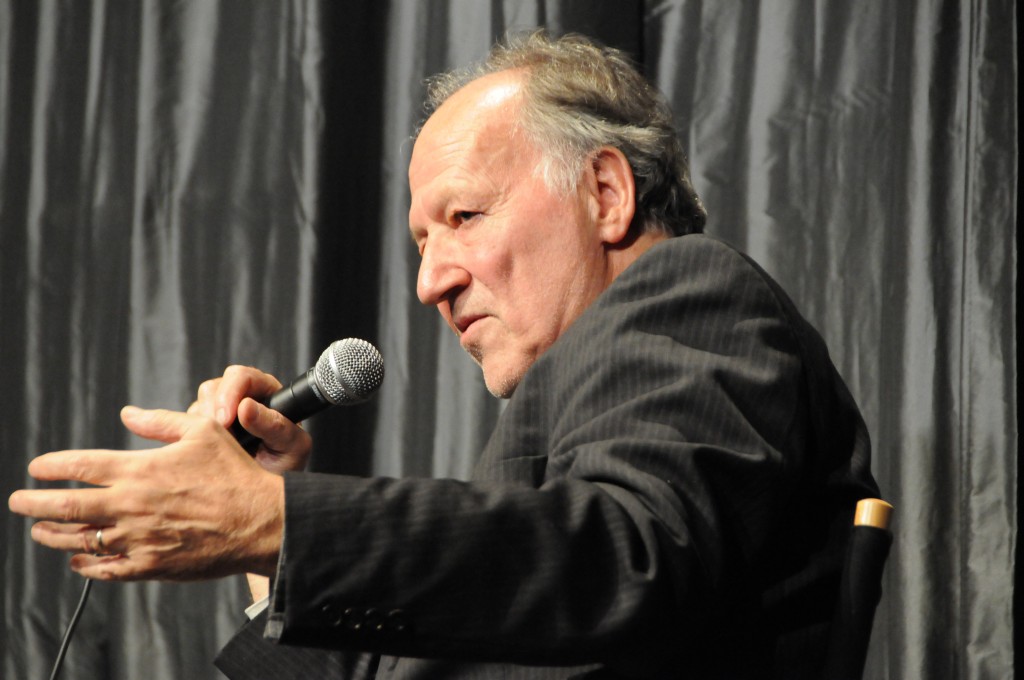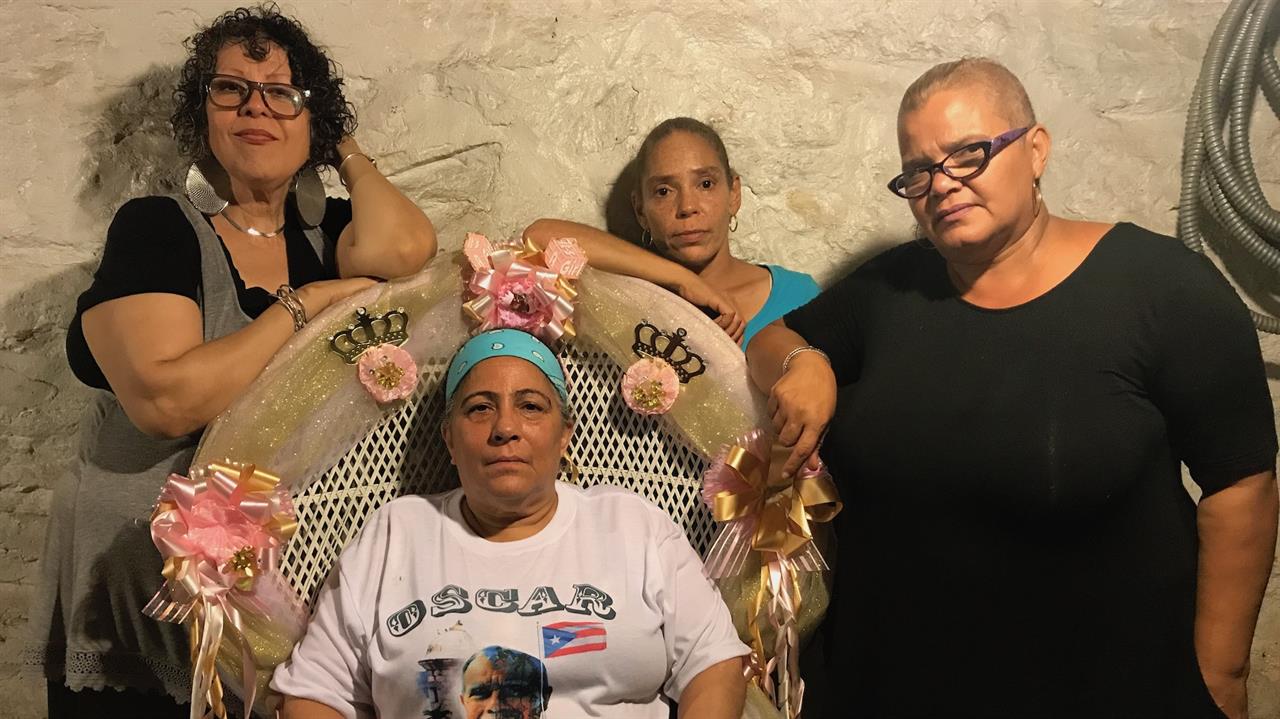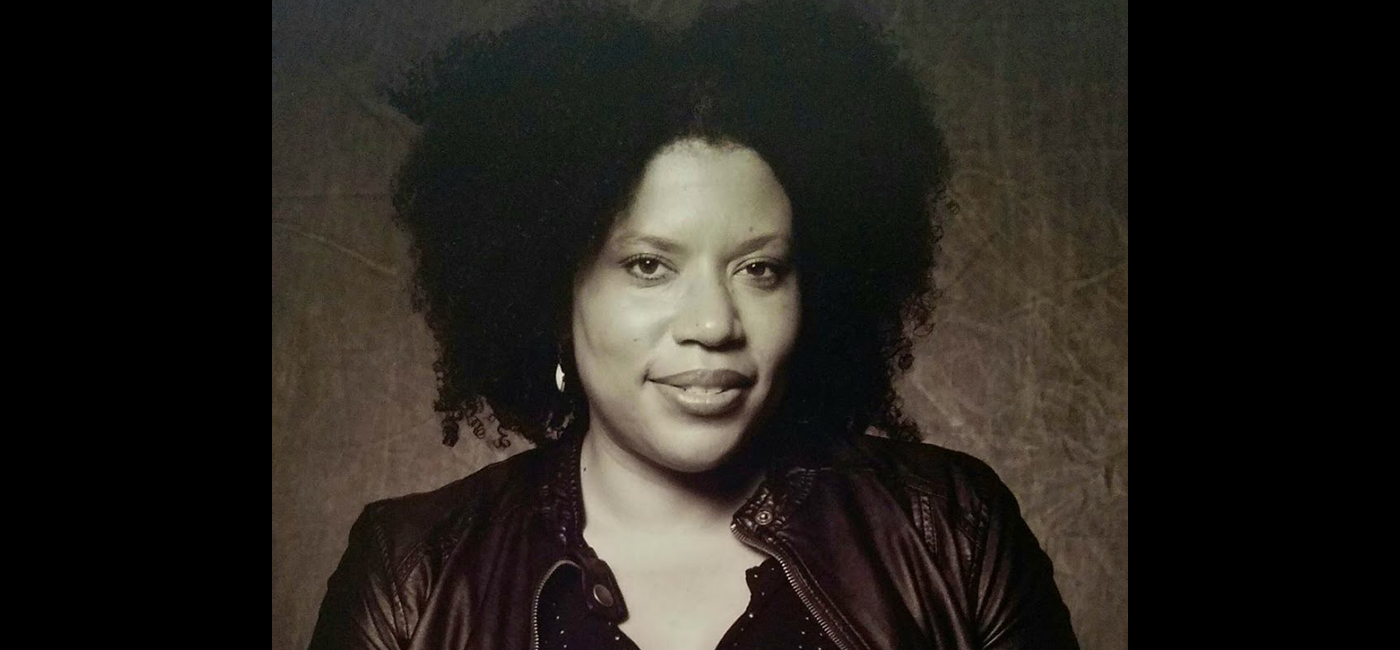DOC NYC 2010: In Conversation with Werner Herzog

Werner Herzog in Conversation – IFC – Thursday, 4 Nov 2010
“I’m a good survivor,” Werner Herzog advised the attentive and attendant crowd on DOC-NYC’s opening day, and who would disagree? In an hour-long verbal ramble with New York Magazine movie critic David Edelstein, the über-auteur free associated on a life filled with an overload of near-lethal episodes, many of them captured –not always to Herzog’s credit — on film. Among the catalogue of extravagances the celebrated director browsed: his forthcoming, typically necromantic “Death Row” (a series of encounters with condemned killers awaiting gurney and needle in Texas prisons); his on-camera shooting, which he nudged the audience to seek-out on YouTube; and his love-hate relationship with fellow documentarian and festival standout Frederick Wiseman .
The tame confines of a celebrity interview didn’t keep either critic or creator from engaging in a meaty, entertaining exchange, with Edelstein casting himself as the impish film nerd to Herzog’s sardonic explorer of real and metaphysical grottos. The interviewer wisely touched on some of the most lurid moments in the filmmaker’s career – why avoid the good stuff, after all? –confessing, for example, to a voyeuristic fascination, no doubt shared by many audience members, with the excruciating death- tape scene in “Grizzly Man.” (Anyone who recollects the film will make a mental fast-forward to the moment when Herzog shows himself listening on headphones to the recording of bear fetishist Timothy Treadwell and his girlfriend being mauled and eaten by a rogue animal – a horrific document that the audience never hears.) With scarcely any prodding, Herzog explained to Edelstein that he knew before he began filming Grisly Man” that the problematic tape existed; he furthermore learned from listening to it that it provided evidence that Treadwell’s lover courageously tried to drive the killer bear off. Nevertheless, as the director explained to Edelstein, to have included the recording in the film would have been “an obscenity”– but of course these scruples didn’t prevent Herzog from leaving the prurient and mesmerizing vignette in his movie.
The dialogue was loaded such revealing exchanges, but it also may be said that as a platform for Herzog’s “philosophy” of film-making – and the artist disclaimed any over-arching view of his own work – public discussion only exposes how studied Herzog’s ambiguities remain. Herzog films have a literary density to them – he remarked toward the end of the talk that his two books are better than his films, a silly and provocative comment with which Edelstein “respectfully” disagreed. And yet Herzog’s claim to be more profound in print than on the screen does highlight his imaginative (as opposed to reportorial) take on reality. When Edelstein asked this noted opponent of “cinéma vérité” about a moment in Jennifer Fox’s “Beirut: The Last Home Movie” in which Fox dubbed in the sound of a bomb blast to create a dramatic effect, Herzog declined to critique a work which he hadn’t seen, but then suggested that Fox had “gone too far.” Herzog’s hypocrisy on these matter might charitably be called part of his aging bad-boy charm, since he is himself well-known for giving non-actors line readings and making up incidents for the sake of what he calls “ecstatic truth” – as when, during the shoot for “Bells from the Deep,” his supposedly veracious investigation of Russian mystical folklore, he hired local drunks to play pilgrims and re-enact events that never happened.
Edelstein hinted at these contradictions without directly confronting Herzog over them, and perhaps genius shouldn’t be held too closely to banal standards of confirmation. Certainly Herzog doesn’t lose sleep over what he called on Thursday the “insipid and stupid nature of facts” – he has always been a miner for a very different type of metal. This was never more obvious than when Edelstein requested Herzog’s commentary on an entrancing scene with one of the deaf-mute subjects of the “Land of Silence and Dreams” (his first documentary, a noted entry on the DOC-NYC’s program, and, according to its creator, his “deepest” film.) With no hint of false modesty, Herzog praised the scene’s affective power: at these moments, said the director, “something falls into your hands like coins raining out of the sky – you hold open your apron.” In a working life made up of such priceless cloudbursts, Herzog’s career may fairly be deemed a perfect storm.
–Richard Ryan
Richard Ryan is a theater, film and Web producer in New York City.





